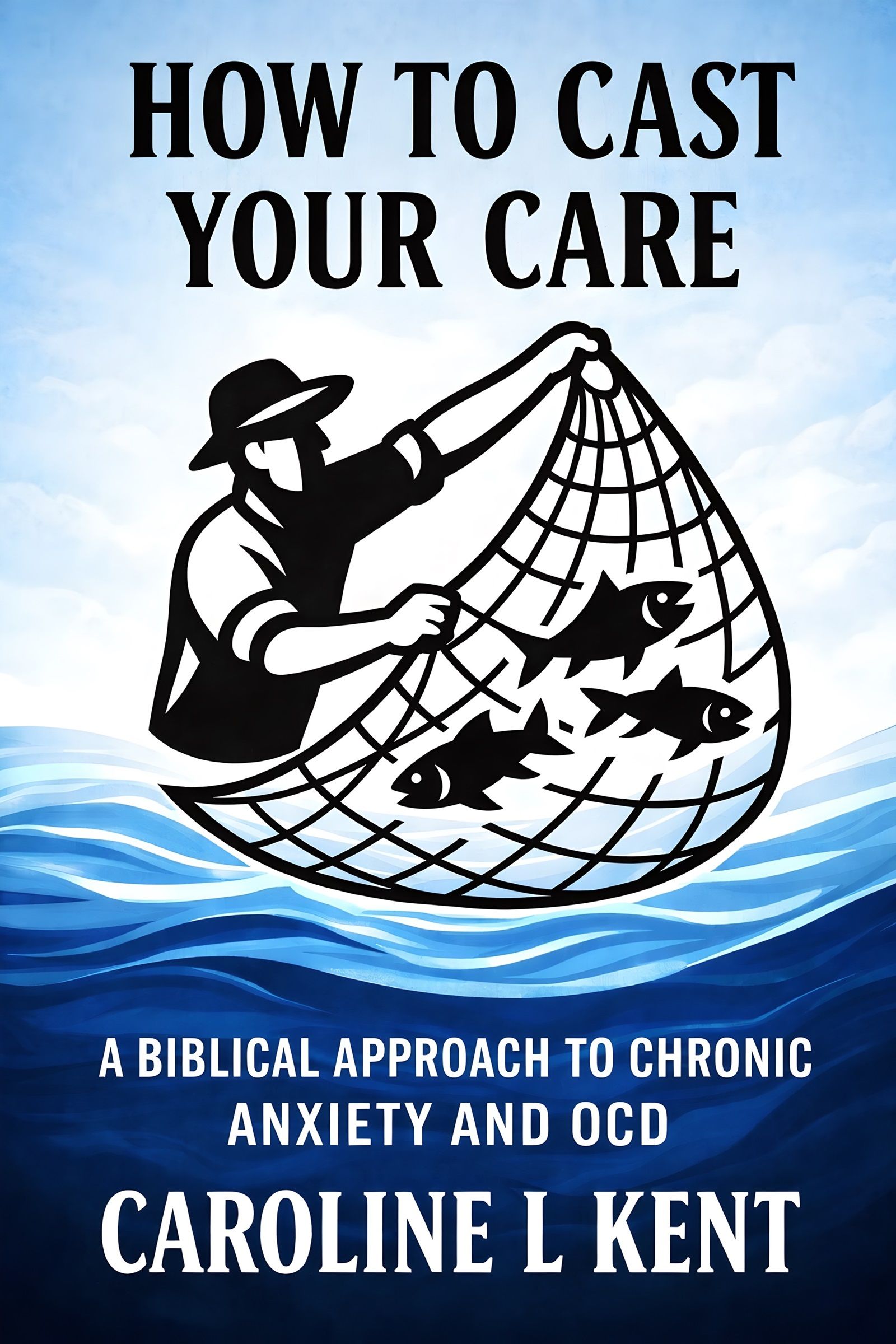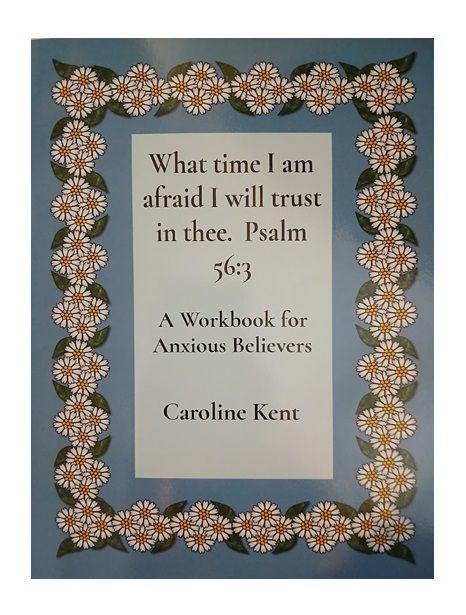Depression
Introduction
Depression is a heavy affliction of the mind and spirit, often marked by sadness, hopelessness, weariness, or a sense of God’s absence. The Scriptures give many examples of God’s people who walked through deep valleys of despair — David crying, “Why art thou cast down, O my soul?” (Psalm 42:5), Elijah desiring death under the juniper tree (1 Kings 19:4), and Jeremiah lamenting his grief in Lamentations.
Richard Baxter, in A Christian Directory, writes at length about melancholy (his word for depression). He recognises its physical, mental, and spiritual causes, warns against confusing it with unbelief, and offers practical directions for comfort and healing. Above all, the gospel assures us that Christ came “to heal the brokenhearted” (Isaiah 61:1), and in Him there is hope even in the darkest night.
Scripture Focus
- “Why art thou cast down, O my soul? and why art thou disquieted within me? hope thou in God: for I shall yet praise him, who is the health of my countenance, and my God.” (Psalm 42:11, KJV)
List of Relevant Scriptures
- Psalm 34:18 – The Lord is near to the brokenhearted.
- Psalm 77:2–12 – The psalmist remembers God in the day of trouble.
- 1 Kings 19:4–8 – God ministers to Elijah’s despair.
- Isaiah 61:1–3 – Beauty for ashes, the oil of joy for mourning.
- Matthew 5:4 – Blessed are they that mourn, for they shall be comforted.
- Matthew 11:28–30 – Christ gives rest to the weary and heavy laden.
- 2 Corinthians 1:3–4 – The God of all comfort.
- 2 Corinthians 4:8–9 – Cast down, but not destroyed.
- Revelation 21:4 – God will wipe away all tears.
Overview of the Biblical Teaching on This Issue
Depression is not foreign to the Bible. God’s Word gives us prayers and laments that mirror our sorrows and offer language for our cries. Scripture shows us that sadness is not in itself sin, yet despair becomes dangerous when it drives us away from God.
The gospel gives us a firm anchor: our hope does not rest on feelings but on Christ’s finished work. The believer may be “cast down” yet still belongs to God. Through prayer, meditation on His promises, fellowship with His people, and the Spirit’s comfort, God draws His children through the valley toward renewed hope.
Pastoral Guidance
Drawing from Baxter’s counsel:
- Recognise depression as real affliction: Baxter was unusually compassionate for his time, urging pastors not to condemn melancholy as unbelief but to see it as a mixture of body, mind, and soul.
- Distinguish sin from weakness: He reminds sufferers that dark thoughts or despairing feelings are often physical or mental burdens, not necessarily marks of reprobation.
- Seek lawful helps: Baxter recommends rest, wholesome company, moderate recreation, medicine when needed, and godly counsel — all as gifts of God.
- Feed on Scripture promises: He urges the downcast to fix their eyes on Christ’s promises: “Look much at the love of God, and the covenant of grace, and the full sufficiency of Christ.”¹
- Avoid solitude and idleness: Depression thrives in isolation. Baxter counsels sufferers to remain in fellowship and active in duty, even when the heart is heavy.
- Remember God’s providence: Trials, though bitter, are fatherly disciplines meant for our refining, not our ruin.
- Hope in eternity: Depression may last long, but it is not forever. Christ has prepared “an exceeding weight of glory” (2 Corinthians 4:17) for those who endure.
Further Reading
- Richard Baxter, A Christian Directory, Part I, Ch. IX (“Directions for the Melancholy and Troubled in Mind”).
- David Murray, Christians Get Depressed Too.
- Edward Welch, Depression: Looking Up from the Stubborn Darkness.
- John Flavel, The Mystery of Providence (on God’s care in suffering).
- Thomas Brooks, A Lifting Up for the Downcast.
Footnote
- Baxter, A Christian Directory, Part I, Ch. IX.





